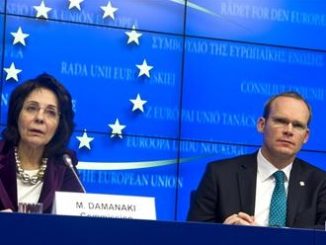During the meeting of the European Council on 15th of December 2011, Ministers had an exchange of opinions about the proposed Regulation on the support to rural development from the European Agricultural Fund for Rural Development (EAFRD). The debate focused on the actions planned to address the new challenges under the second pillar. In particular, most delegations noted that the contents of proposals cannot be properly evaluated without knowledge of the distribution of resources between Member States. Italian Minister Catania strongly supported the need for Italy to benefit, through resources of Pillar 2, from a sort of rebalancing that takes into account reductions applied to direct payments allocated to Italy. He also expressed concerns about the inclusion of the EAFRD in the Common Strategic Framework, as, in this way, rural development policy, which has to be considered as part of the CAP, could lose autonomy. He mentioned the need for simplification because having a very complex programming framework would be helpful to none. Concerning agri-environmental measures, he remarked the risk that they may be unattractive owing to new constraints requested by the introduction of greening. Moreover, with regard to irrigation investments, he stressed that the 25% reduction in water consumption is too restrictive and could prevent farmers from activating the relevant measure. Finally, he criticised the abolition of the measure on quality products for the next programming period.
Related Articles

Latest from EU Member States
NGOs launch online action
9 days ahead of CAP vote […]

Latest from Brussels
Commission and farmers sing from same hymn sheet
Internal convergence on the agenda as EU Agriculture Ministers meet in Brussels. […]

Latest from Brussels
MFF – Increased EU Budget for Biodiversity and More
Biodiversity, organic farming, young farmers and other areas received a welcome financial boost from the EU institutions on Tuesday (10th November). The European Parliament’s negotiating team and the German Presidency of the Council reached agreement on the forthcoming Multiannual Financial Framework (MFF), the EU’s budget for 2021 – 2027. […]

